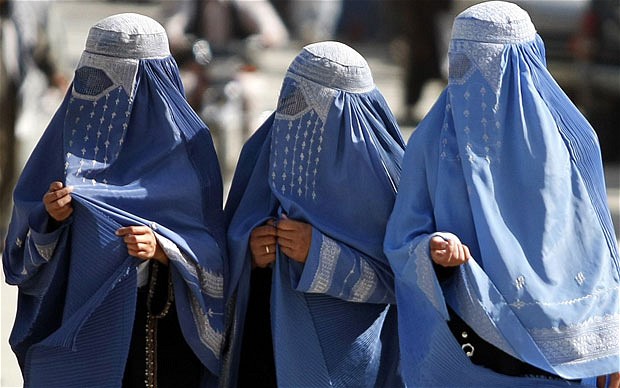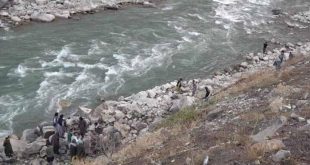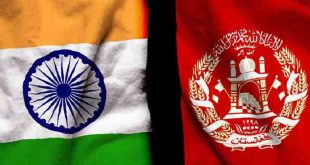By: Sahel
KABUL: Three years after the campaign ‘WHERE IS MY NAME’ – a move by women to reclaim their public identity – was launched in Afghanistan, Afghan women rights activists say they have not achieved their goal and still continue to advocate and raise awareness for this basic right of the women in the male dominated society, where women are often publicly identified by the names of their male relatives.
The campaign which began three years ago by a number of women rights activists with an aim to fight against the most common wrong believe among the men, a practice based which men feel ashamed to call their female family members by their own names and instead the women are being identified as someone’s sister, daughter, mother or wife and often don’t have an identity of their own.
“We advocate for the most basic right of women, the right which Allah granted them, but the male dominated society snatched it from us” Laleh Osmany, the initiator of the campaign “Where is my name” told Afghanistan Times.
Over the past three years, Osmany, said the campaign now attracted tens of thousands followers and advocates in Afghanistan and several countries of the world, where Afghans live as refugees.
“My name is Fereshta, known as Begum. Those who don’t identify me by my own name and call me as someone’s daughter, sister or mother, should not participate in my funeral. I live with my own identity (name) and will die with my own name and identity” Fereshta Begum, an advocate of the campaign wrote social media.
The campaign is mainly focused on those men, who are still trapped in “wrong practices and believes” and are “ashamed” of calling their wife, mother or daughter by their own name in public.
“We are trying to spread the public awareness to tell the women to stand for their most basic rights at least to have their name on the hospital prescription or at least on the tombstone” Osmani said, referring to the “painful fact” that often when a woman dies, for her identification, her tombstone usually bears the name of her husband or son.
She believes identity is a power and in modern societies both men and women have this power, but in less-developed nations women are deprived of this right and power, pushing them more to the corner of isolation.
“This ill-fated practice has no root in our religion, law or culture, we have the women’ names mentioned in Islamic documents and books ad in our cultural heritages…., therefore there is no reason or justification for men to hide their wives, mothers or sister’s names or to be ashamed of this in public” Osmani explained.
The campaign, WHERE IS MY NAME, which started three years ago by Osmani and supported by some of her close friends, is now joined by tens of thousands of citizens, particularly women, mostly on social media.
Among the other members of the society this campaign has been also supported by some politicians as well including 1st vice president, Amrullah Saleh, and Munira Yousufzada, deputy Defense Minister, she said.
The campaign over the past three years has been covered and boosted by tens of national and international media outlets and is now known worldwide.
“The efforts, we have started three years ago, now has outlined a roadmap and created a sense for change in society and the campaign need to continue for a long time but will definitely require the support of the nation” she said, adding now nearly every member of the society can have their say through this platform.
“Now we have created a platform, which gives everyone the chance to advocate for this core right, and share their own experience within the framework of the ‘WHERE IS MY NAME’ campaign” Osmani noted.
The campaign is getting momentum once again in a while that Afghan government and the Taliban are due to start intra-Afghan talks in Doha of Qatar, likely this month.
Women rights are expected to be one of the most important topics on the table of negotiations, as one of the most important achievement of the Afghan society in the past 19 years of the post-Taliban progress.
Begin from the zero, now millions of Afghan girls are going to schools and universities across the country. The share of women as employees in government’s civil institutions increased from zero to around 28 percent in recent years, according to government data.
 Afghanistan Times
Afghanistan Times




